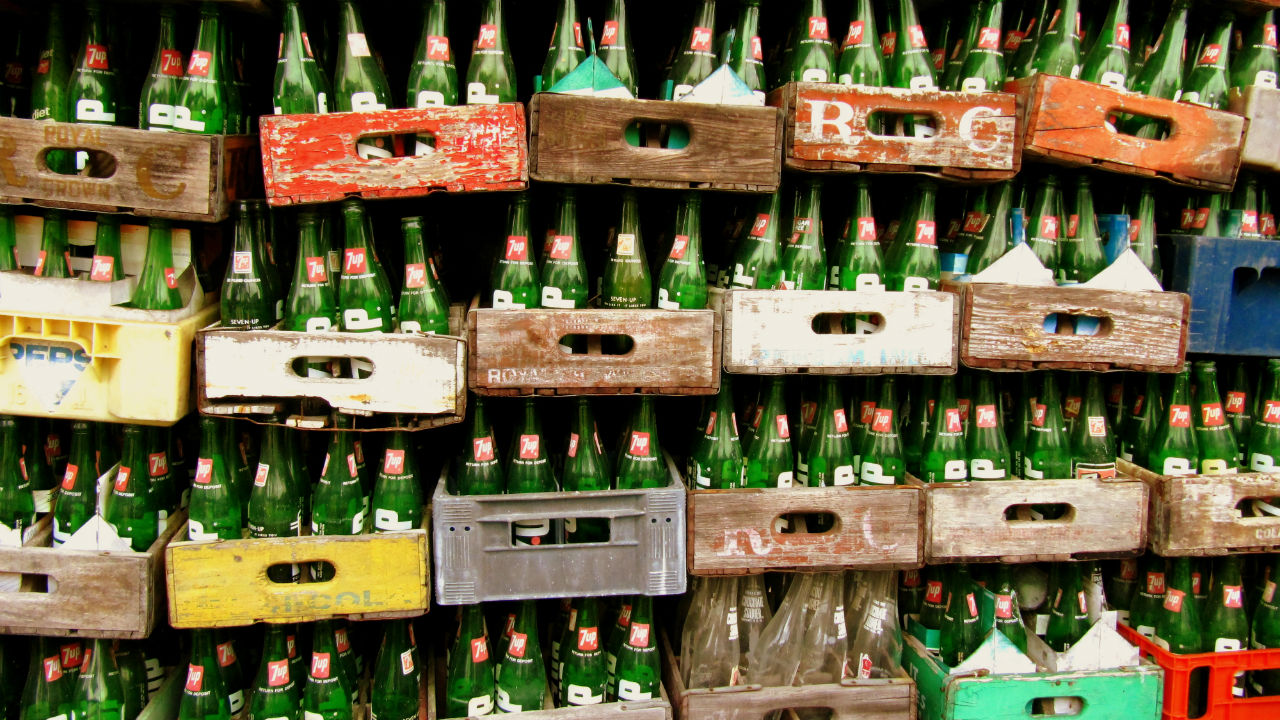There’s a term baseball players use when describing other players who are trying to look busy on the field, but in actuality, are doing nothing. The term is called “eyewash,” an analogy drawn from eyedrops — eyedrops may make your eyes look better, but they don’t fix any real problem. (It is, by the way, one of the worst insults a player can give to another).
And so when reading the story in Thursday’s Post that New York State Assembleyman Karim Camara is proposing a state law that will force beverage companies to affix warning labels on their sodas, all I thought of was eyewash.
The proposed label would be affixed to all bottles and cans and read (in all caps just to make sure its not missed): “SAFETY WARNING: DRINKING BEVERAGES WITH ADDED SUGAR CONTRIBUTES TO OBESITY, DIABETES AND TOOTH DECAY.”
I understand Camara’s intent, but results are still very mixed as to how effective the labels are. Take, for example, the tobacco industry: The labels only contain text and not graphic images, like those that are on Canadian and Brazilian cigarette packs. And then there’s a 2009 FDA study that concluded the effect of labels was “negligible.”
But Experts also questioned whether the more graphic labels, in countries like Canada, are an effective deterrent:
Dr. Gil Ross, medical director of the American Council on Science and Health, a New York-based consumer education group, also was skeptical, arguing that it was impossible to isolate the effects of the labels. “Their estimate is bogus and is designed to prop up their urge to impose these lurid, large warning labels. Exposure tends to have a diminished effect. The labels may cause a startle reaction but they tend to be taken in stride.”
Camara is not the first politician to try and regulate the soda industry. As the Post notes, in 2010, former Governor David Patterson proposed a “fat tax” on soda and sugary drinks, but the beverage industry threw $13 million in lobbying efforts, killing Patterson’s dream. Michael Bloomberg, New York’s last mayor, went further and tried to ban large soda and sugary drinks, but that was blocked by a court.
As for the American Beverage Association, you can probably guess what their hot take is. The association’s spokesperson, Chris Gindlesperger, summed it up thusly:
A warning label on soft drinks will do nothing to change behavior or educate people about healthy lifestyles. Are you not going to label a glazed donut? This is more about politics than policy.
In other words: eyewash.
(Photo: Flickr)


